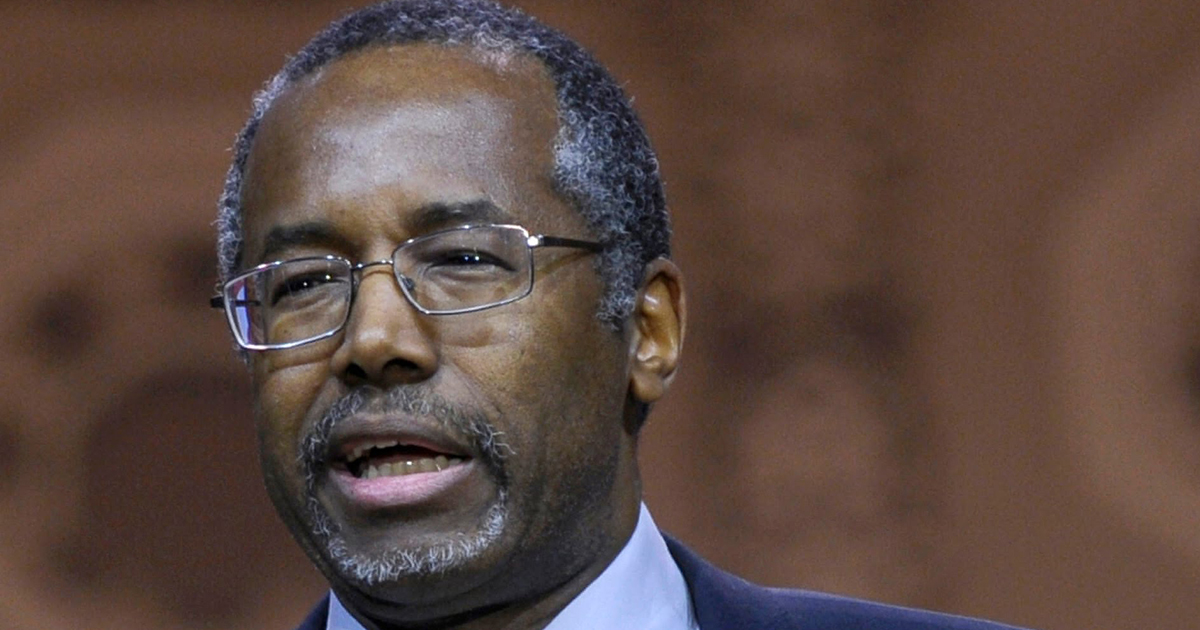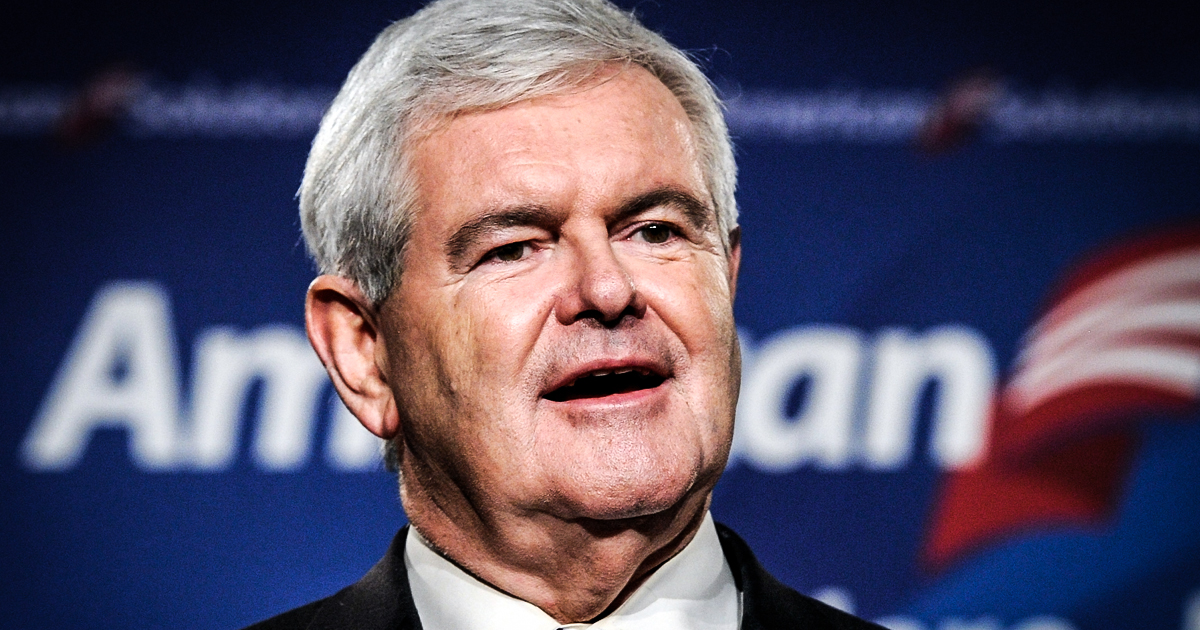Social media has become a big part of the 2016 presidential race. Candidates who would otherwise get no exposure, like Bernie Sanders, have gained huge traction in the race because of social media, reported The Hill. However, will social media become the new corporate media?
Facebook allows candidates to zero in on a specific demographic to deliver their message, regardless of how terrible the message is. “Campaigns are designing paid marketing strategies to reach and mobilize all the supporters and voters that they need to win elections,” said Eric Laurence, Facebook’s head of U.S. Industry for Politics and Government. “Those voters are on Facebook.”
Considering that Facebook’s demographic is getting older, many of those potential voters are Republican or Establishment Democrats, hardly the people to bolster a progressive agenda.
Even Google is helping presidential campaigns determine the best websites where a candidate should be placing their advertisements. Lee Dunn, head of Google’s election team, noted the importance of search advertising for candidates who are deciding the best location for their ads. Google has raked in billions of dollars because of this endeavor.
Twitter has become another useful campaign tool for presidential candidates. Campaigns can purchase ad placements for the most suitable demographics and can also spread political messages through promoted tweets or paid placements on business profiles. Either way, Twitter still gets paid.
Social media can likely become the new mainstream corporate media. The one thing that could be a saving grace is that social media is still user-focused, and those users can pick and choose whichever message they want to hear.


